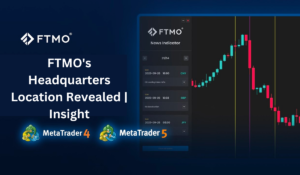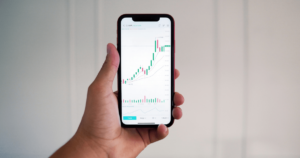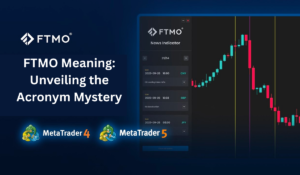The Dualities of Conspiracy Theories
Conspiracy theories in forex trading often arise from a combination of disillusionment, mistrust in institutions, and the desire to find someone to blame. They can be divided into two broad categories: those who ardently believe in conspiracies and those who vehemently deny their existence.
Believers of conspiracy theories tend to view the world through a lens of suspicion, perceiving hidden agendas and manipulation in every aspect of their lives. While some conspiracies may indeed have elements of truth, it is essential to separate fact from speculation and base conclusions on verifiable evidence.
On the other hand, those who dismiss conspiracy theories may rely heavily on mainstream media and established narratives, often disregarding alternative viewpoints. It is important to maintain an open mind and consider diverse perspectives while critically evaluating the available information.
The Role of Powerful Entities
In the forex market, conspiracy theories often revolve around the influence of powerful entities, such as major banks, institutional investors, and influential individuals. While it is undeniable that these entities possess significant resources and influence, it is crucial to understand that their actions are not always driven by nefarious intentions.
Large banks, referred to as “Big Banks,” indeed play a pivotal role in the forex market, controlling the flow of liquidity and impacting price fluctuations. They possess valuable insights, including the knowledge of order flow and market positioning. However, it is important to note that their actions are driven by a variety of factors, including market analysis, risk management, and the pursuit of profits.
Market Manipulation and the Crowd
Conspiracy theories often highlight the dangers of following the crowd, emphasizing the potential for manipulation and losses. While there may be instances where market manipulation occurs, it is crucial to recognize that market trends are influenced by a complex interplay of factors, including supply and demand dynamics, economic indicators, and geopolitical events.
It is true that following the crowd blindly can lead to unfavorable outcomes. However, successful traders employ various strategies, including contrarian trading, which involves trading against prevailing market sentiment. By carefully analyzing market indicators and staying informed, traders can make informed decisions that align with their trading objectives.
The Euro/Swiss Franc Crash
One illustrative example often cited in conspiracy theories is the Euro/Swiss Franc (EUR/CHF) crash of 2015. The Swiss National Bank’s decision to remove the peg between the two currencies resulted in a sudden and drastic drop in the value of the Swiss Franc. This event led to significant losses for traders and financial institutions.
While the incident may appear suspicious, it is crucial to understand that the decision was driven by a combination of economic factors and the Swiss National Bank’s assessment of the market’s stability. The impact of such events underscores the importance of risk management and staying informed about market developments.
Key Takeaways:
- Conspiracy theories in forex trading often arise from a combination of disillusionment, mistrust, and a desire to find someone to blame.
- It is crucial to approach conspiracy theories with critical thinking and separate fact from speculation.
- Powerful entities in the forex market possess significant influence, but their actions are not always driven by nefarious intentions.
- Following the crowd blindly can lead to unfavorable outcomes, emphasizing the importance of informed decision-making.
- The Euro/Swiss Franc crash serves as a cautionary tale, highlighting the need for risk management and staying informed about market developments.
In conclusion, conspiracy theories in forex trading may contain elements of truth, but it is essential to approach them with critical thinking and a discerning eye. While powerful entities do influence the market, their actions are driven by a range of factors, including legitimate market analysis and risk management. By staying informed, employing sound trading strategies, and exercising critical thinking, traders can navigate the complexities of the forex market more effectively.








